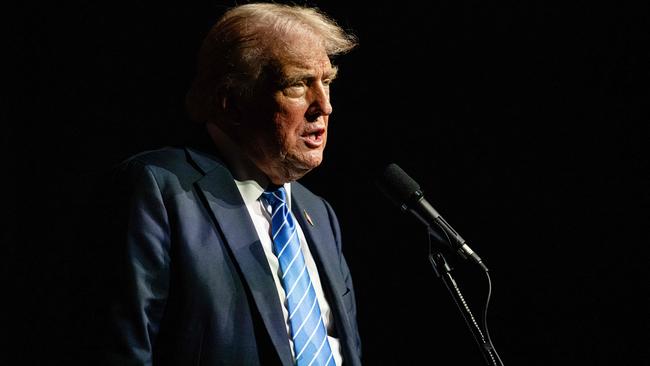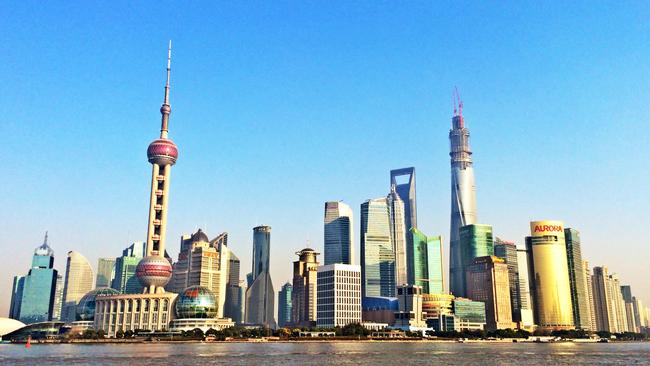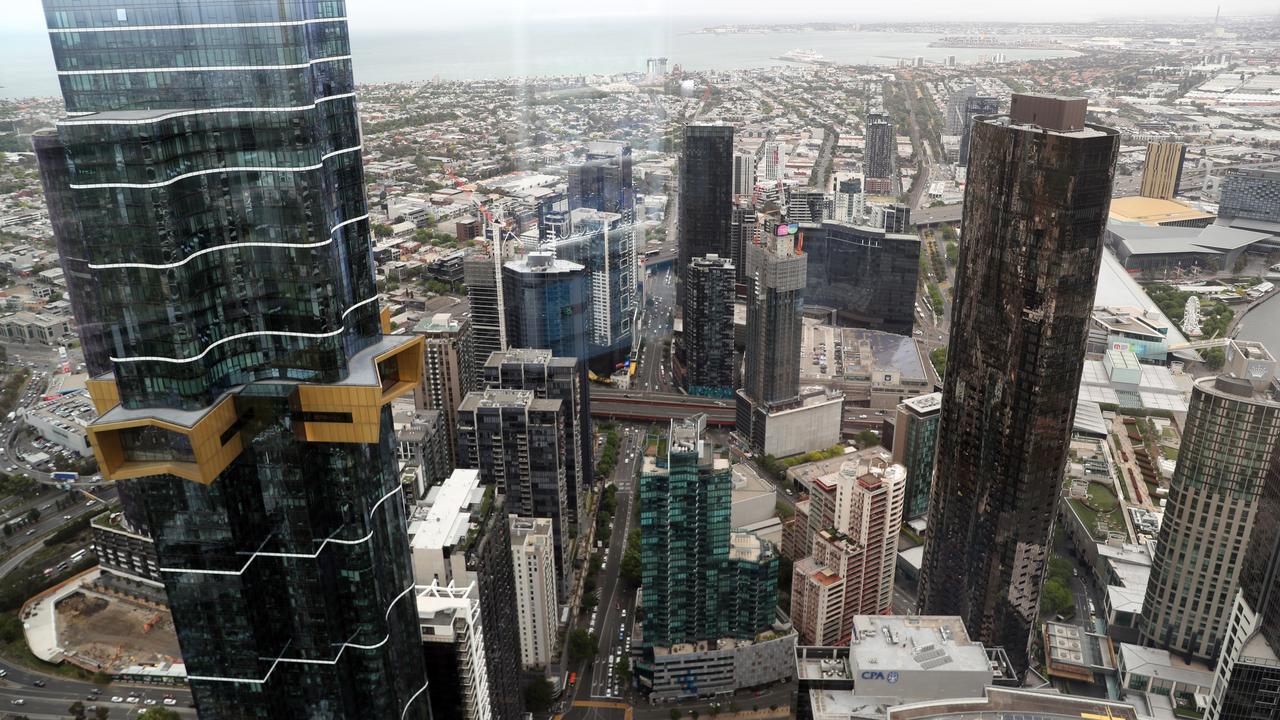Businesses face Donald Trump and China economic headwinds: McGrathNicol’s Jason Preston
Geopolitical risks and uncertainty in China and the US are set to reshape markets and bring possible economic volatility, warns McGrathNicol executive chair Jason Preston.

Businesses must brace for a volatile new year, with heightened geopolitical risks stemming from a trade war under incoming US president Donald Trump and China’s economic uncertainty potentially reshaping markets and trade dynamics.
McGrathNicol executive chairman Jason Preston has warned of a “higher likelihood of more extreme-type outcomes” in 2025 than any time in recent years, saying unprepared businesses will be the hardest hit.
The boss of the specialist advisory and restructuring firm has also cautioned that such geopolitical risks were a potential thorn in the side for the Reserve Bank and attempts to return inflation to within the 2-3 per cent range.
“Those big geopolitical events do translate directly here for businesses, maybe not the corner store, but for a lot of trade-exposed business in Australia. What Trump does could have a big impact,” Mr Preston said.
“But it’s hard to predict. It’s hard to predict what the Chinese government does from its economic perspective as well.
“It’s obviously been a volatile few years, but geopolitically, the next 12 months feels like there is a higher likelihood of some more extreme-type outcomes than for some time.”
Due to take office on January 20, Mr Trump has pledged to impose tariffs of 60 per cent on imports from China and slap tariffs on Canada and Mexico as he looks to address what he sees as unfair trade practices, reduce trade deficits and encourage the relocation of manufacturing jobs to the US.
The tariffs have the potential to damage the international economy – as well as the US economy, according to market watchers. Australia, which has huge exposure to the Chinese economy, could suffer collateral damage in any US-China trade war, especially through declining demand for iron ore and other commodities. The looming trade war has weighed on the dollar.

Mr Preston said the last time Mr Trump was president he pledged to do a lot of things that never ended up occurring, but this time businesses had to expect that there was a reasonable prospect of some level of trade war.
“For businesses it is hard to know with Trump. He is politically in a better position to execute on his policies than he was last time,” he said.
“If you look at what Trump says from a trade perspective, almost everyone is a target, but China in particular, given the trade imbalance the US have there, and also just where the Chinese economy is at in terms of their own production capacity and output.
“And history suggests that we may end up on the wrong side of any trade war because of how China responds to that.
“Anyone who has any kind of trade exposure really should be thinking about that scenario.”
Goldman Sachs has estimated that an average 20 per cent rise in US tariffs on imports from China, as well as tariffs on car imports from Mexico and Europe, would slice 40 basis points off global economic growth.
When it comes to Australia, it halves the negative expectation, to 20 basis points, on the belief that Chinese policymakers will seek to offset the impact of the tariffs on their local economy with stimulatory policies.
But the impact will still be a headwind for the Australian economy.
The headwind to growth, Mr Preston says, comes at a time when the Australian economy is already weak. It is expected to grow at only 1.8 per cent in 2025.

The implications of renewed tariffs or trade wars are profound, particularly for inflation. Mr Preston said someone would have to pay for those tariffs and that meant higher costs for businesses, which would funnel through to customers.
“The challenge we have is we’ve just been on this journey where inflation has been high, and that then has a flow-on to interest rates and the cost-of-living proposition,” he said. “While it is far from being a certainty, there is the downside risk that in the next 12 months a trade war does occur, given Trump is in office early on in 2025 and committed to moving quickly.”
Businesses that succeed amid volatility were often those that prepared for worst-case scenarios, and Mr Preston said it was paramount that boardrooms and executives moved to plan for potential outcomes of a trade war and other disruptions.
“The businesses that are better prepared can pull some levers and try to handle headwinds the best,” he said. “Those that fall victim are typically the ones that are not prepared.”
Key to preparation was understanding potential risks and ensuring operational resilience.
“Fundamentally, it’s about ‘have you got yourself to a position where you can be one of the most competitive in this market? Have you got your cost base under control? Have you innovated as best as you can?’ ” Mr Preston said.
“Certain sectors have been through the trade war scenario recently, for example with China’s tariffs on Australian wine.
“The pandemic has also caused havoc on supply chains so many businesses are much more prepared for disruption than before.”
While the risks of a trade war posed a risk to Australia and the economy, Mr Preston said that geopolitical disruptions could also present opportunities, and it was important that businesses identified how they could stand to benefit.
“If you look at what happened to coal prices around the time of the Russian invasion of Ukraine, how it moved up quickly, the Australian coal industry was a beneficiary,” he said.
“In that example, the geopolitical situation presented an opportunity for that sector.”



